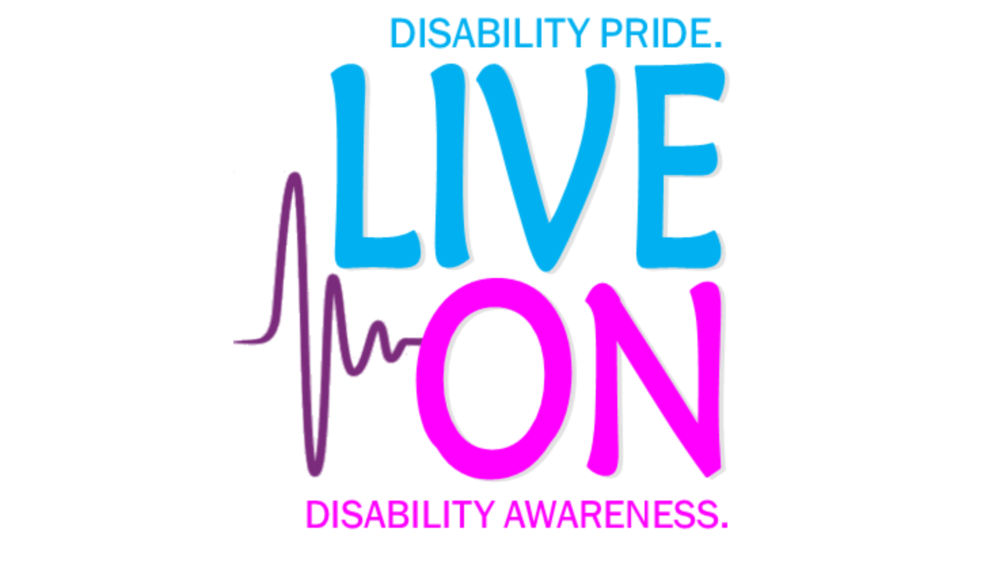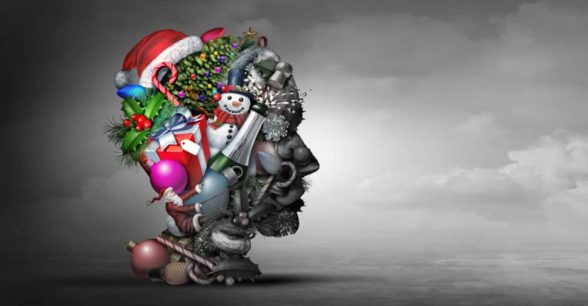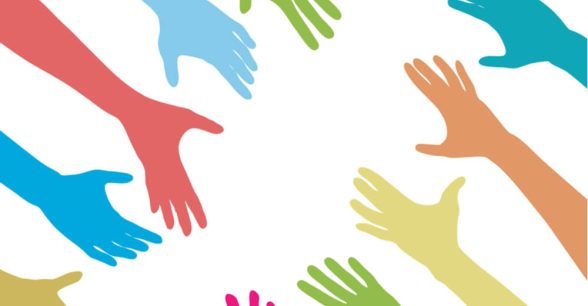#LiveOn: A Reminder to Love Ourselves a Little More
Content note: discussion of suicide
This September, we recognized Suicide Prevention Month. While suicide is a difficult topic for many in our society to discuss, how suicide affects the disability community is an even more challenging topic. However, people with disabilities are four times more likely to be suicidal than non-disabled people. No matter how challenging, this statistic is something that needs to be discussed.
For years, the stereotype was, “Of course you’re depressed or have suicidal ideation, you’re disabled.” Disabled people across the globe will tell you they have been told exactly this when they have reached out for help.
Research at the intersection of disability and suicide tells us that this simply is not true. Disabled people that are depressed or suicidal are not so because of their disability, but because of a lack of information and resources on how to deal with the ableism and stigma that come with being disabled. For example, a person with a newly acquired spinal cord injury usually adapts to their new life using a wheelchair; however, they struggle when it comes to how their family or friends now respond to them. Or with the discrimination they experience when going back to work. Or the comments they now receive from complete strangers.
While we have occupational and physical therapists to help us learn how to use a new wheelchair or cane, we rarely have anyone to help navigate this newly unearthed ableism and stigma that we face. While, in theory, psychotherapy should be an available support to people with disabilities, it unfortunately is not a space that is free from ableism and stigma. Disabled people often report that they have reached out for help from a therapist, only to find a flight of stairs with no elevator to their office. Or, if the space is physically accessible, they have reported being given advice that only further stigmatizes them as a disabled person.
The #LiveOn campaign was created in response to exactly this.
While there is not a great deal of research regarding suicide and disability because of the stereotypes mentioned above that assume disabled people should be unhappy, we do know that what helps disabled people deal with stigma and ableism that society places on disability is COMMUNITY. For those of us that have been involved in the disability community, we know its power to impact our lives. The #LiveOn campaign aims to provide this community to those that have not found it yet or to those that need reminding of how powerful it can be.
#LiveOn is a web-based, anti-suicide campaign aimed specifically towards people with disabilities. It is a series of videos and blogs by disabled people telling other disabled people how they get through the hard times. From my experience running the #LiveOn campaign, this was a conversation that people are so thirsty for within the disability community. We often receive responses such as, “I like this campaign because I need reminding, almost daily, that I’m not inferior,” or “Reading this, I realized I have some work to do accepting and loving my disabled self.”
In recognition with Suicide Prevention Month this year, #LiveOn has created the hashtag #MyAbleistTherapist to start a conversation on social media about the barriers people have experienced when trying to meet their mental health care needs.
It is unfortunate that we live in a society which so prominently sends the message that people with disabilities should not be loving and accepting themselves, disability and all. But, since we do, #LiveOn is proud to be here to remind us all to love ourselves a little more.
About Rooted In Rights
Rooted in Rights exists to amplify the perspectives of the disability community. Blog posts and storyteller videos that we publish and content we re-share on social media do not necessarily reflect the opinions or values of Rooted in Rights nor indicate an endorsement of a program or service by Rooted in Rights. We respect and aim to reflect the diversity of opinions and experiences of the disability community. Rooted in Rights seeks to highlight discussions, not direct them. Learn more about Rooted In Rights




Reminder: depression is a disability. The idea that depressed people aren’t depressed because they are depressed is a little silly, no?
Can we please stop treating large segments of the disability community as if they don’t exist?
Suicide is a complex issue and society’s responses can be very different depending on what disability people regard a person as having.
But using the word “disabled” to mean “physically disabled” in this context is one of the ways the self-described “disability community” rejects, excludes, isolates, and pushes some disabled people toward suicide.
It is possible to make every one of the valid points in this piece without erasing anyone.